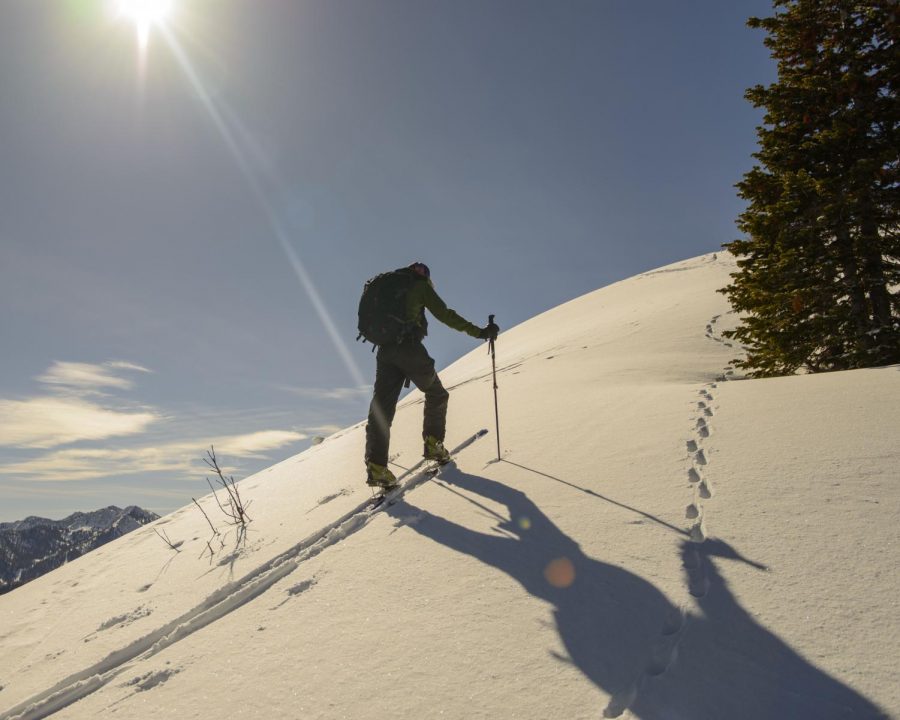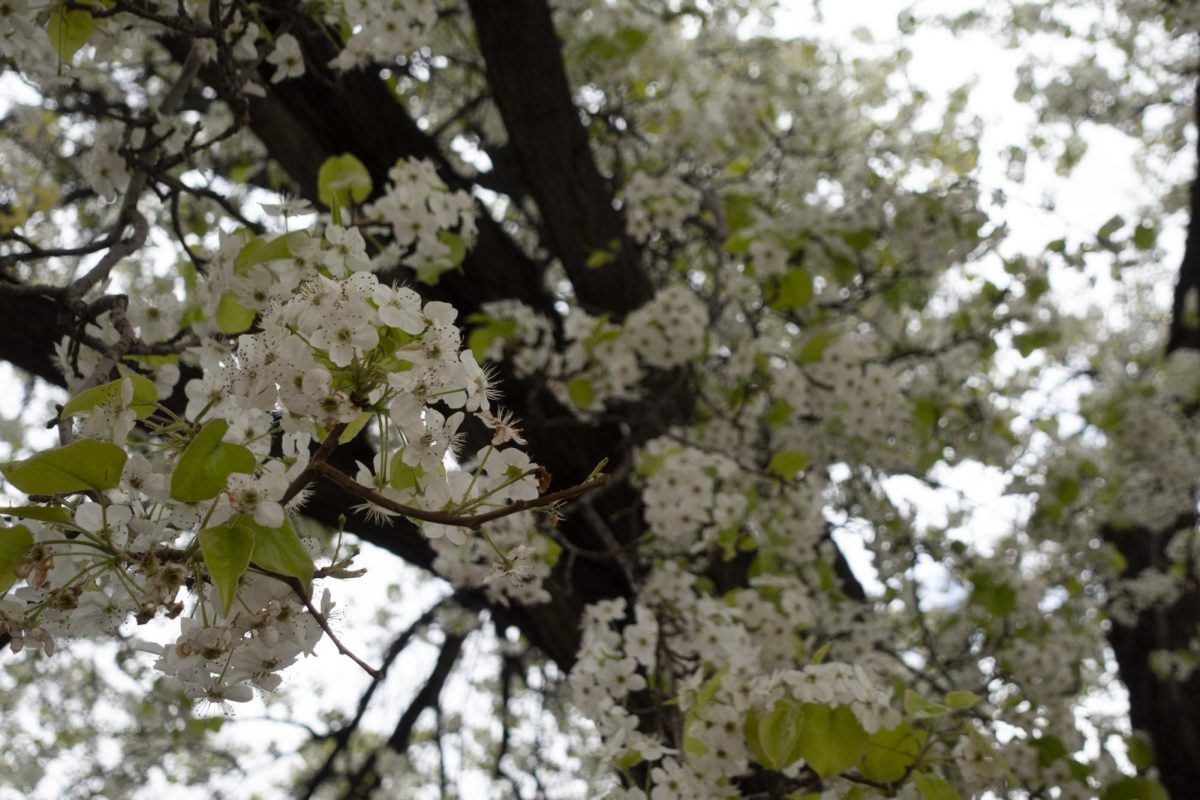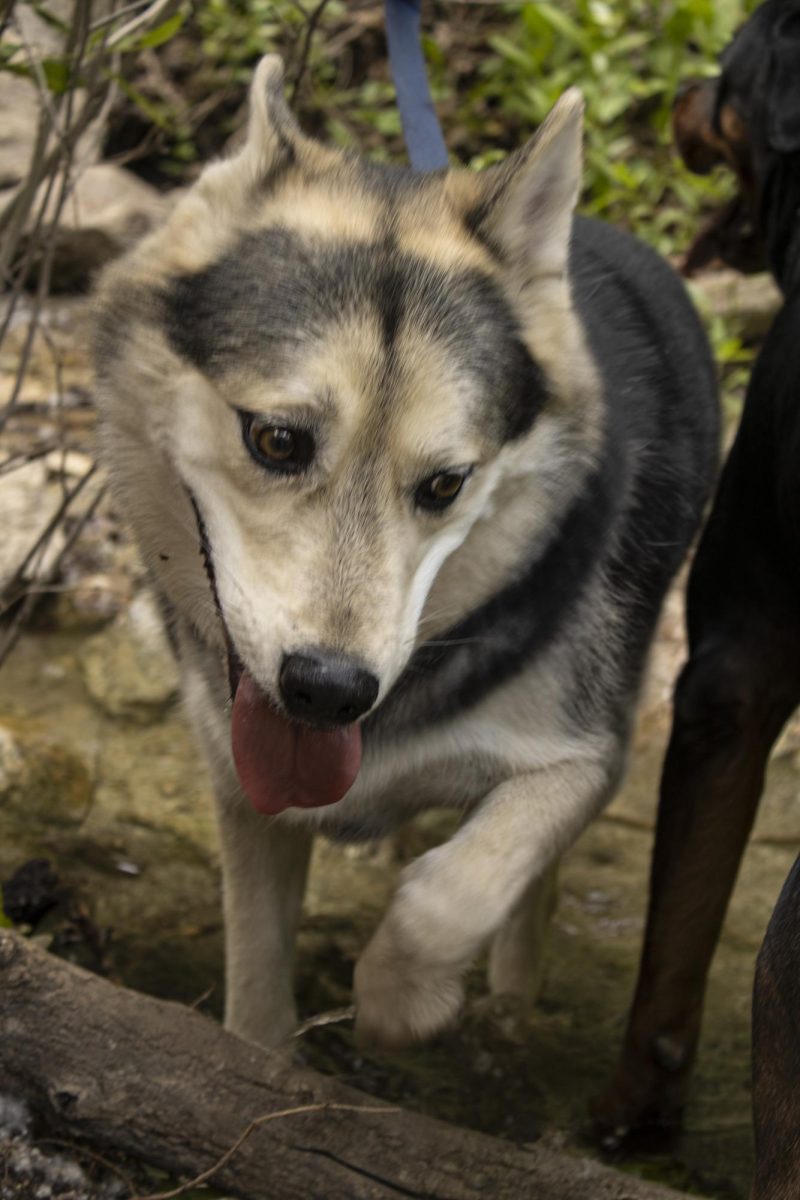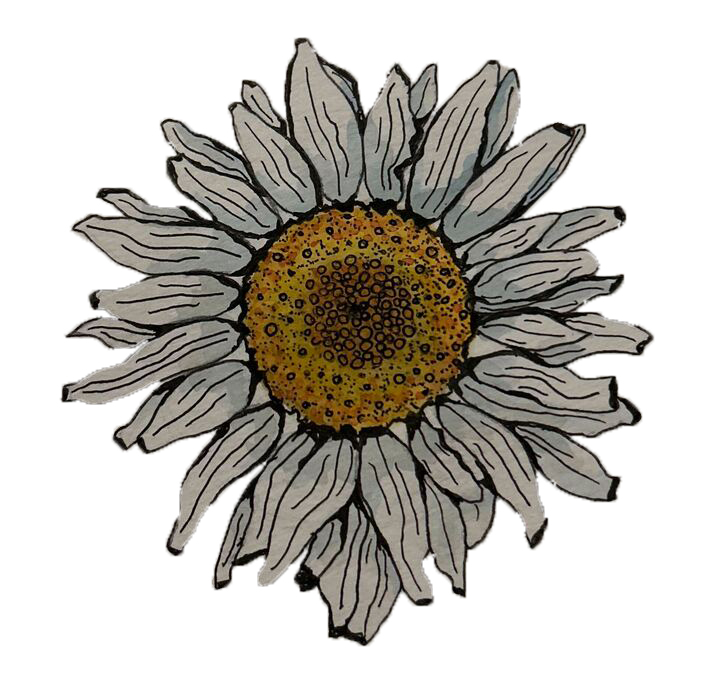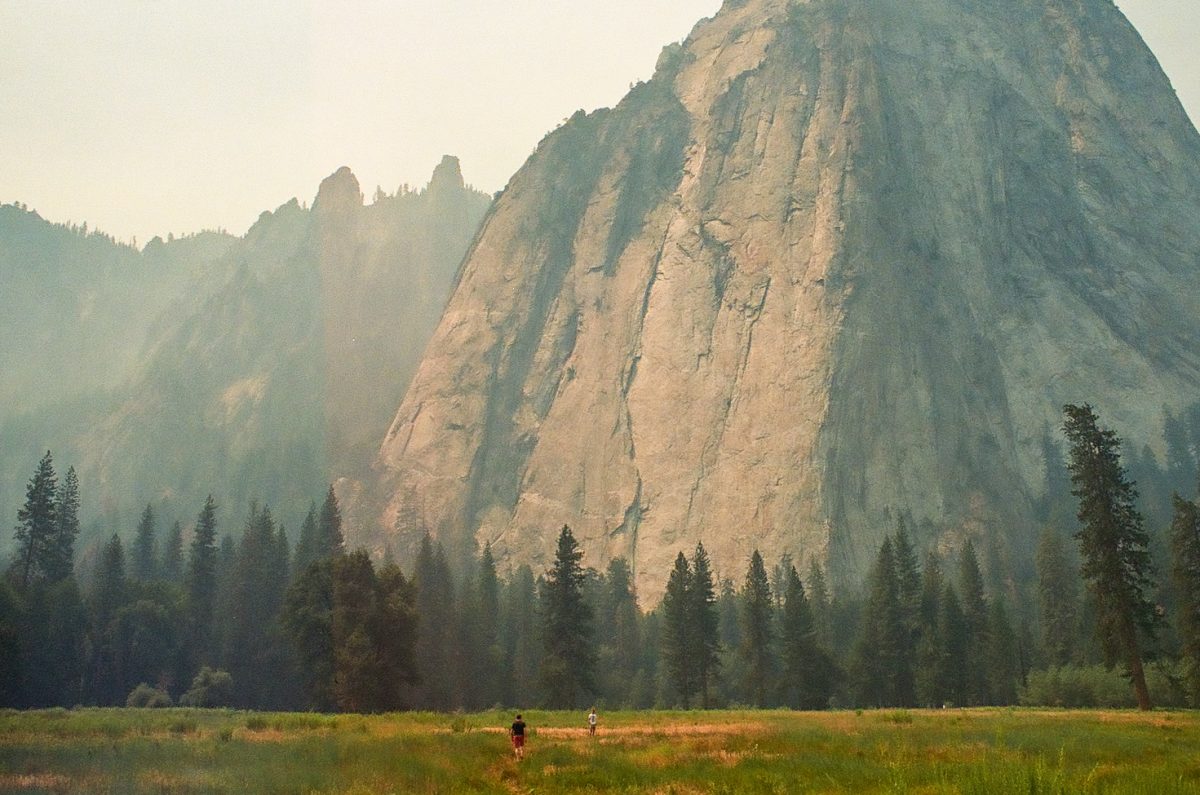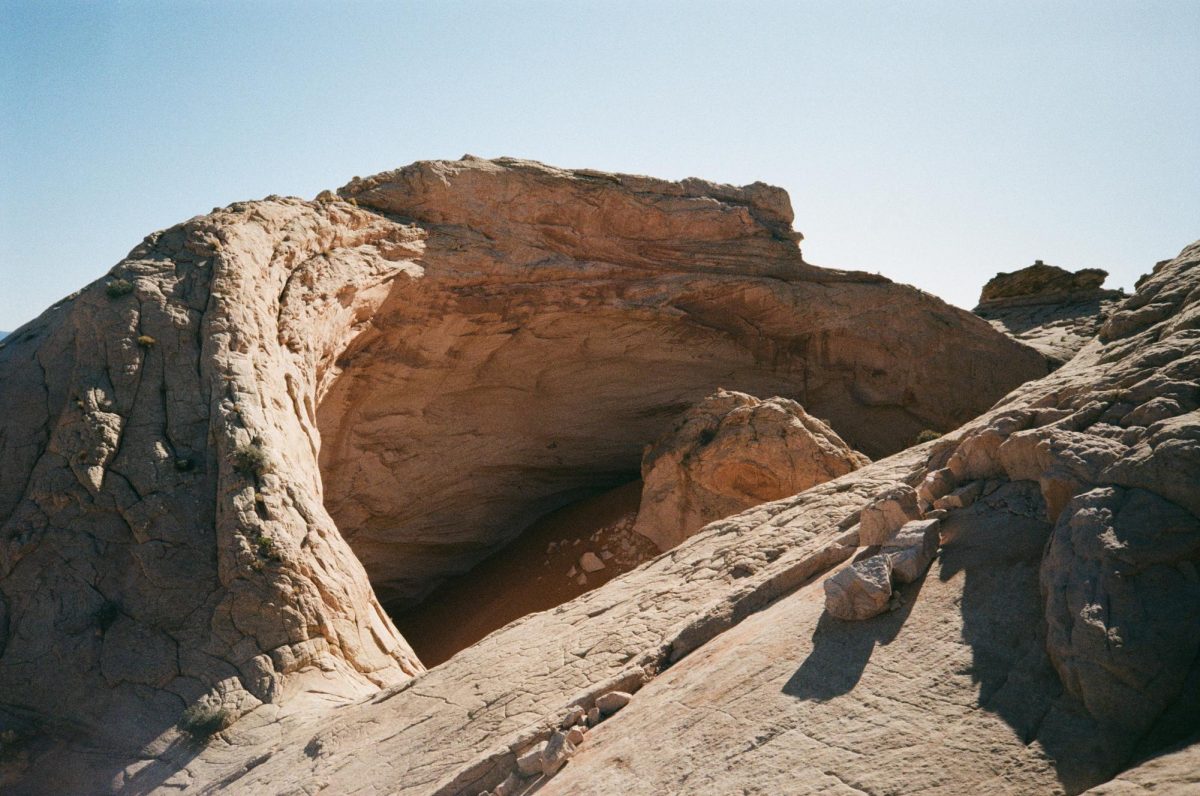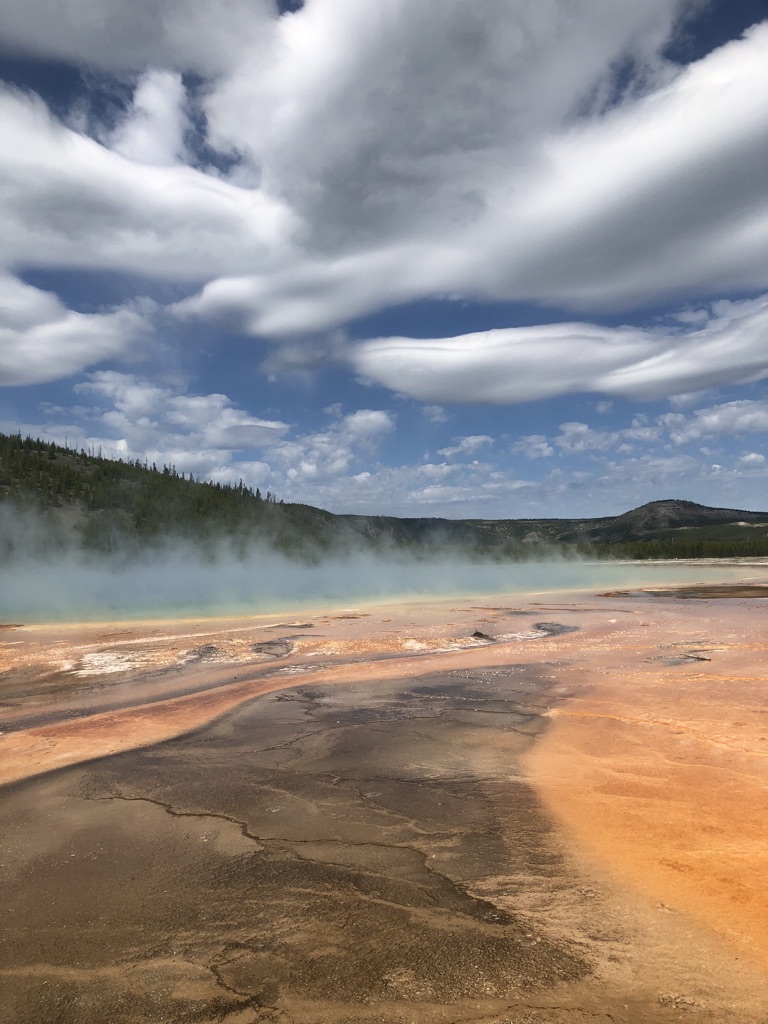Opinion: Problematic Discourse in Skiing
March 17, 2021
Skiing is a Utah staple as well as one of the most prevalent outdoor activities in Utah. When you are a part of the outdoor community, it’s easy to forget that most people do not partake in the same activities as you when these hobbies feel like such an essential part of your life. Even though skiing is a prevalent part of Utah’s outdoor community, most Utah residents are not experienced skiers. There are many barriers to entering the sport of skiing, such as knowledge, equipment expenses, pass expenses, and more. Most residents in Utah who ski regularly come from white and more wealthy backgrounds. However, I also think that discourse about skiing tends to serve as another barrier. Often the way skiers talk about skiing can create an exclusive space in the sport.
Recently, I was hanging out with some of my friends who are very competent skiers and I remember one guy just said, “I can’t believe there are people who have lived in Utah their whole lives and don’t know how to ski. Like what have they been doing their whole lives?” I was totally floored at that statement which just came out of a friend’s mouth. He did not see the immense amount of privilege behind that statement that I saw. While many people grew up in an environment where their parents had the means and motivation to start their kids skiing at a young age, that isn’t the reality for most people. Being good at skiing requires more than just growing up in a place where it snows a lot. Hearing comments like this can be really discouraging to someone who fits the criteria that they just made the assumption of and who wants to try a new sport . Why would someone want to try something that they are going to be bad at initially when people around them already make detrimental comments about their inability to do that activity? People in the outdoor community who have had the privilege to have access to these sports should be more conscious about how their perceptions and words can affect the inclusivity of a space.
I’ve lived in Utah my whole life, but I never tried to ski until I got to college. Every time I told someone I was from Utah, I was accustomed to seeing their shocked reaction when I told them I didn’t know how to ski. It almost made me feel like I was a fake Utahn. Skiing always intimidated me, so I avoided trying it. All my other friends who ski, started when they were children and were now super proficient. Skiing ability in Utah is kind of a measure of superiority. You get bonus points if you can do a certain trick or if you can drop a cliff. If someone else can’t keep up with you, there is a cultural perception that you are superior to that person.
I do think that there are a lot of accomplishments in skiing that people should feel proud of. However, I do not think that skiing accomplishments should ever be the grounds for a person to put someone else down. For example, I had a friend whose girlfriend who was a better rock climber than he was. When this came up in conversation in a very light manner, his response was, “Well I’m a way better at skiing than she is”. A response like that is demeaning to both parties. Accomplishments should be a form of personal gratification, however, in skiing, people often use their accomplishments to compare themselves to other people. This creates a space where the only people who are truly welcome are the people who are very proficient in a sport. This closes the door to minority groups that could impact the culture of a sport in a very beneficial way.
Lastly, I feel as though people complain a lot about overcrowded resorts. These complaints often stem from people who are more proficient skiers and snowboarders. Crowded resorts obviously are not as much fun, but complaining about it gives off a sense of entitlement. Skiing, along with many outdoor sports, have gotten more popular in recent years. The IKON pass has gotten a lot of hate, but if you analyze why you’re annoyed with the IKON pass, that perspective is problematic. The IKON pass essentially makes skiing more accessible. This means a lot of college students, including minorities or students from poorer backgrounds, can, for the first time, afford a pass and experience skiing. Complaining about this could imply that you should only be allowed to ski if you are wealthy enough. This is an exclusive mindset. Making a sport and a space more accessible to people of different backgrounds is not a problem. If it is, it might be time to reflect on personal biases.
I do think, most of the time, the discourse in skiing is not intended to create an exclusive space. However, that is often times a result. If you are from a background of privilege, I would urge you to be mindful of the words you say when you talk about a sport. Think about how your words could negatively affect and isolate others. Consider how a statement you think is relatively harmless could completely dissuade someone from attempting a sport. It is everyone’s responsibility to facilitate more inclusive spaces rather than using privilege as a source of superiority.

